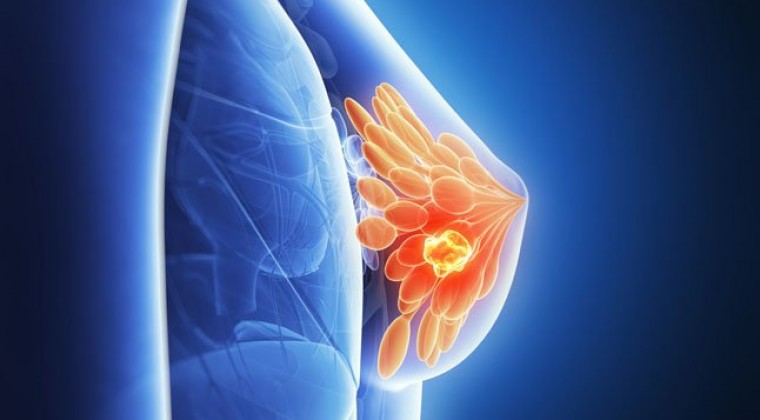Researchers at Hubei University in Wuhan studied the semen quality of almost 1,400 men and found that fans of these infusions had higher sperm concentration and count.
A study suggests that men who drink tea may have better luck conceiving. It is that researchers from China studied the quality of the semen of almost 1,400 men and their results revealed that fans of these infusions had a higher concentration and sperm count.
The sperm-increasing benefits were only seen in men who drank tea three days a week, so experts don’t know if having a cup every day would be even better.
Researchers at Hubei University in Wuhan, the city where COVID-19 emerged, concluded that “drinking tea can improve male reproductive health.”
Sperm counts have been declining in recent decades, prompting warnings of a male fertility crisis. Being overweight or obese is linked to poor sperm production, doctors say. This is why men who want to be fathers are reminded of the benefits of eating a balanced diet and exercising regularly.
Some healthy foods, such as fruit, green leafy vegetables, and legumes, have been individually linked to better sperm concentration and mobility—that is, their ability to move efficiently.
Similarly, fertility studies have also suggested that red meat, coffee, and sugary snacks can lead to decreased semen quality. However, the experts responsible for the latest project say that the effects of tea consumption on sperm are not clear.
The scientists recruited 1,385 men, who provided about four samples each between April 2017 and July 2018. The volunteers were also questioned about their health and lifestyle habits.
All participants were healthy and screened as potential sperm donors at the Hubei Province Human Sperm Bank in China. The results, published in the scientific journal Chemosphere, showed that 28% drank tea, while 72% did not. Even so, the volunteers did not report the type of tea they ingested, or whether they added milk or sugar.
The study was carried out in China, where green, oolong and black teas are common, and are usually combined with water.
Compared to non-tea drinkers, those who enjoyed a cup had higher sperm concentration — the number of sperm per milliliter of semen — and sperm count, which is the total number of sperm per ejaculate.
A low sperm concentration is classified as less than 15 million sperm per milliliter of semen, while a low sperm count is anything below 39 million sperm per ejaculate.
The researchers found that those who drank tea at least three days a week had a 5% higher sperm count and 0.4% higher concentration. However, those who drank tea fewer than three days a week did not get the same benefits, with lower sperm count and concentration than those who did not drink tea.
The team also found that those who had drunk tea for 10 years or more had a 15.3% higher sperm concentration than those who did not drink tea. However, no relationship was found between tea consumption and sperm motility and structure, two other factors that can affect a man’s fertility. The researchers, led by Xia-ren Liu, concluded: “Our results demonstrate that tea consumption can improve male reproductive health.”
According to experts, the benefits of tea consumption may be due to polyphenols, compounds in the drink packed with antioxidants that have been shown to increase sperm survival.
A low sperm count or concentration can make it difficult for a man to conceive naturally, as this problem affects a third of couples struggling to get pregnant.
Studies have shown that sperm counts tend to decline, prompting reproductive experts to sound the alarm that the situation could “threaten human survival.”
Dr. Shanna Swan, an epidemiologist at the Icahn School of Medicine at Mount Sinai in New York, is the author of a groundbreaking 2017 study that revealed that sperm counts globally have dropped by more than half in the last four decades. .
She warned that “chemicals from everywhere,” such as phthalates found in toiletries, food packaging and children’s toys, are to blame. These substances cause a hormonal imbalance that can wreak “reproductive havoc,” she said, noting that factors such as tobacco and marijuana use and rising obesity rates may also play a role.

















